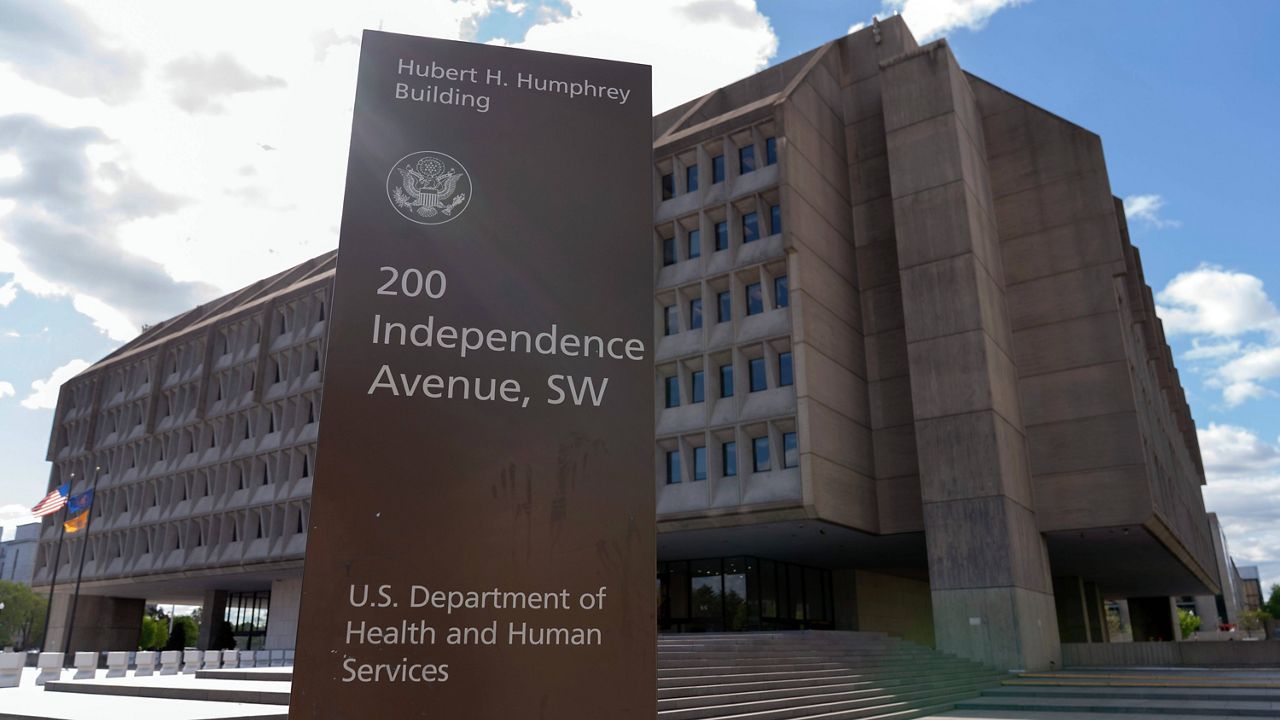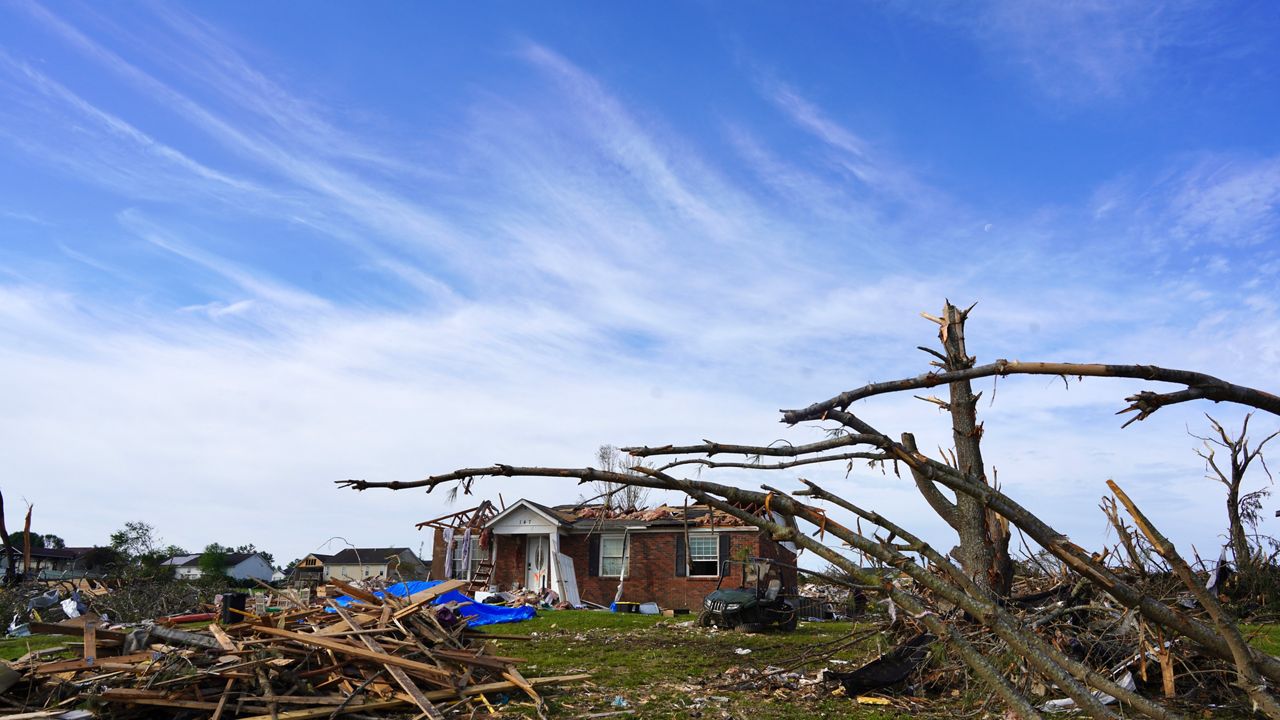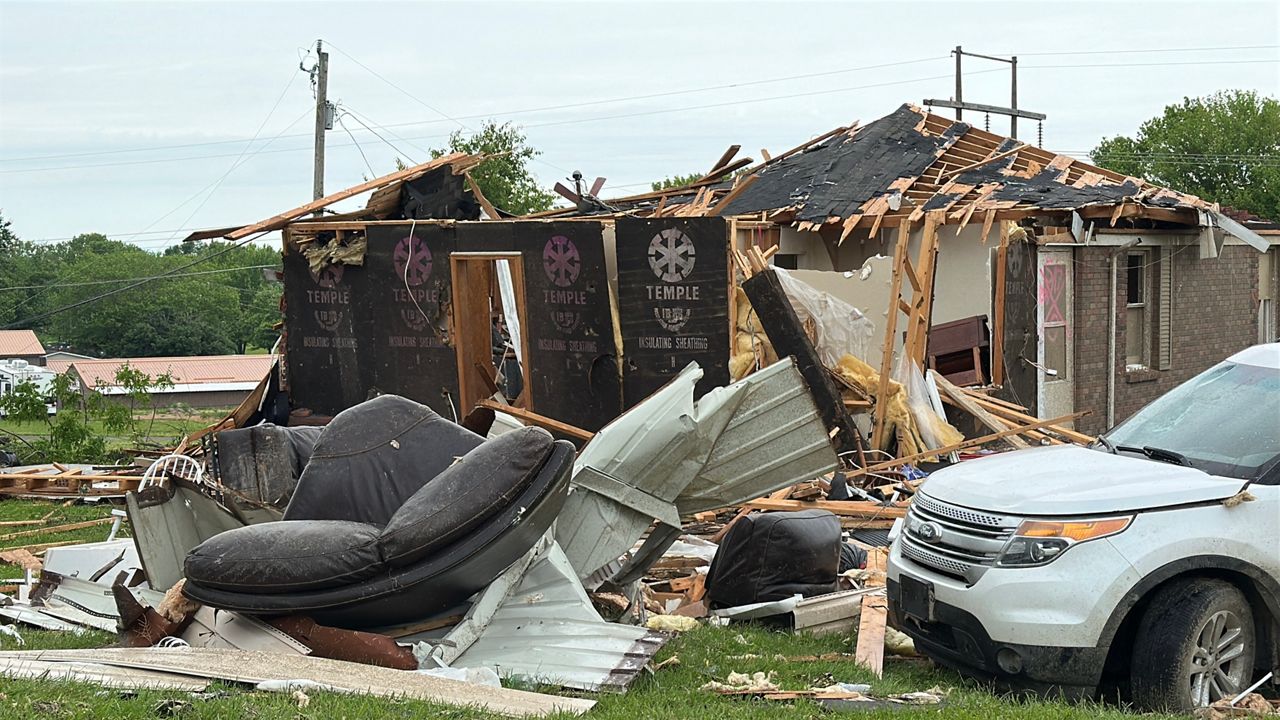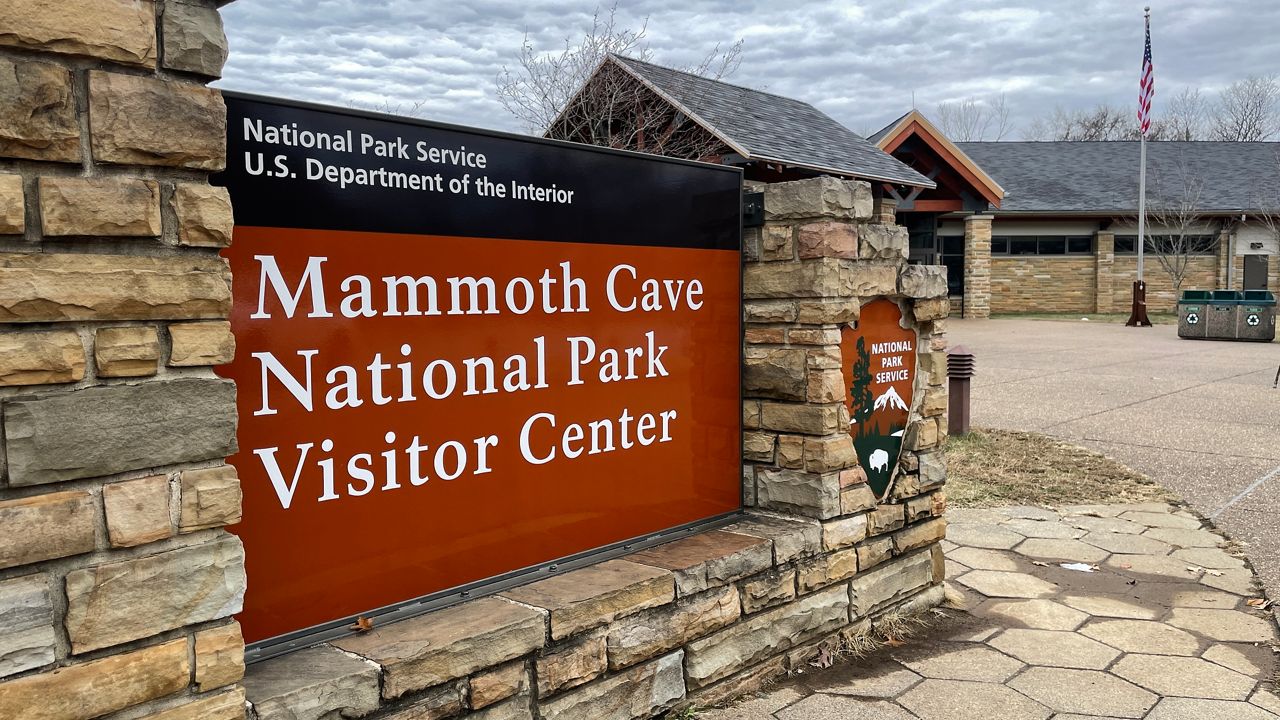WASHINGTON — The 2024 Kentucky Drug Overdose Fatality Report shows 1,410 Kentuckians died from a drug overdose last year, a decrease of about 30% from the year before.
Among Black Kentuckians, the decline was even greater, about 37%, after increases in recent years.
The report highlights efforts to prevent overdose deaths, including the distribution last year of 170,000 doses of the overdose-reversing drug Narcan and Medicaid-provided addiction services for more than 142,000 Kentuckians.
Tara Hyde, CEO of the Kentucky-based organization People Advocating Recovery, has co-authored a new, not-yet-published OpEd with Van Ingram, executive director of the Kentucky Office of Drug Control Policy, titled “Don’t Let Federal Cuts Undo Kentucky’s Hard-Won Progress on Addiction and Recovery.”
“We don’t really know what’s happening at the federal level and what may impact us in our day to day, and that’s a very scary thought, especially for people who are really in detrimental need of some of these resources and services, specifically like Medicaid,” Hyde told Spectrum News Monday.
The OpEd points to concerns about restructuring federal health agencies, including the Substance Abuse and Mental Health Services Administration, which helps support organizations focused on recovery and pays for supplies like naloxone through the Kentucky Overdose Response Effort.
The Trump administration is planning to fold SAMHSA into the new Administration for a Healthy America.
HHS told Spectrum News in March the move “will increase operational efficiency and improve coordination of health resources for low-income Americans.”
“These are the very institutions leading our nation’s response to addiction and mental health,” Hyde and Ingram said in the OpEd. “Weakening them now is like pulling fire crews off duty during wildfire season, while the fire is still smoldering.”
Potential cuts to Medicaid would “devastate the already strained safety net especially in rural areas, like Appalachia, leading to hospital closures, spikes in ER use and inevitably increased incarceration of people with untreated behavioral health needs,” they said.
“If we stop the investment, then we’re going to see those numbers change and they’re not going to go in the direction that we want them to go,” Hyde told Spectrum News.
A Republican proposal to reduce Medicaid spending includes work requirements with exceptions for people with substance use disorder.
Rep. Brett Guthrie, R-Bowling Green, who leads the committee with oversight of Medicaid, said in an OpEd for the Wall Street Journal that the proposal “preserves and strengthens Medicaid for children, mothers, people with disabilities and the elderly—for whom the program was designed.”












